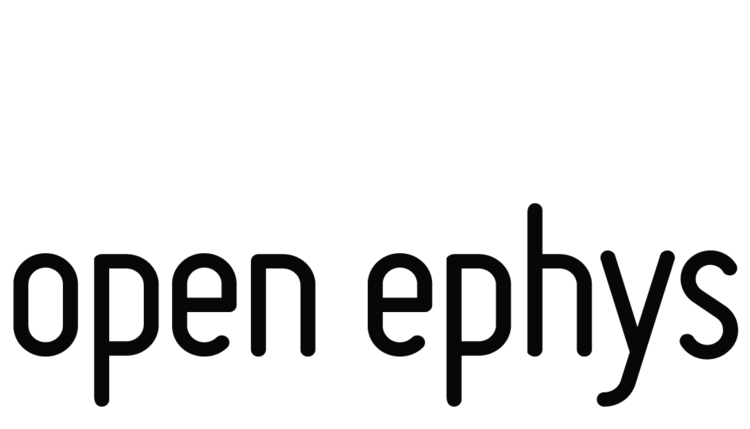Plugin GUI
The Open Ephys GUI was designed from the ground up to be as modular as possible. The original GUI was based on a "pseudo-plugin" architecture, which meant that its data processing modules functioned largely independently. However, new modules couldn't be added without re-compiling the entire application. Now, we're switching our development over to a version of the software with a true plugin architecture: all of the processing modules are compiled separately from the base application. This will make it much easier for scientists to develop new modules independently, and to share them once they're ready for use in experiments. Initial development for the plugin GUI was carried out by Yogi Patel at Georgia Tech. The process was finished by Aarón Cuevas López, who provides technical support for Open Ephys.
Starting today, the plugin version of the GUI will become the default. All development will now happen on this version. We plan to maintain three branches on GitHub: (1) The "master" branch will only include features that have been thoroughly tested, so you can assume it's stable for use in experiments. (2) The "testing" branch will include new features that need to be tested before being moved over to the master branch. (3) The "development" branch is where we'll be actively developing new features and contributed plugins. It will the most up-to-date in terms of functionality, but the least stable.
Pre-compiled binaries of the plugin GUI are now available via the GUI homepage. From a user's perspective, you shouldn't notice any changes from the original GUI.
If you're currently developing for the original "non-plugin" architecture, read this page to find out how to update your code for the new version.
Hardware availability
We are working hard on getting Open Ephys acquisition boards back in stock. The Champalimaud Institute has received approval to manufacture a large batch of boards, but they won't be ready for a few months. We'll send an update via this newsletter as soon as we have more details.
If you need to get experiments up and running right away, we recommend purchasing an RHD2000 Eval Board from Intan Technologies. It has very similar features to our acquisition board, is fully compatible with our software, and is ready to ship immediately.
We will have a limited number of EIBs back in stock in the next few weeks. We apologize to anyone who's still waiting for those to ship. If you're looking for an alternate source, Neuralynx sells EIBs that can interface with the Intan headstages used by the Open Ephys acquisition system. Neuralynx also sells EIBs for use with their QuickClip® headstages that are compatible with the Open Ephys flexDrive.
501(c)(3) application
Open Ephys applied for 501(c)(3) tax-exempt status in 2015, but we've since decided to withdraw our application. Based on the feedback we received, it seems that the IRS is very skeptical of organizations involved with open-source tool development. Despite our clear scientific mission, we were told that our chances of receiving 501(c)(3) status were extremely slim.
We will remain a Massachusetts-based nonprofit corporation, and our organizational structure will stay the same. We will continue to be a predominantly volunteer-run organization and we will keep hardware prices just high enough to break even. However, we will be required to pay taxes on our income and we won't be able to accept tax-deductible donations. Given that all of our revenue currently comes through hardware sales (and we are not making a significant profit) this is not a huge setback. As before, we can make our financial documents available upon request.
Google Summer of Code 2016
Open Ephys has been selected to participate in Google Summer of Code as a mentor organization. Google will provide a stipend for students to work on projects related to the Open Ephys GUI. In return, students will receive mentorship from our team of scientists and developers.
If you know any university students that are proficient in C++ and might like to contribute to our GUI this summer, have them send an email to info@open-ephys.org. The application window is open from March 14th through 25th.
Cyclops boards
Cylops is an open-source LED driver capable of delivering extremely precise light pulses for optogenetic stimulation. We now have Cyclops kits available for sale. The kits are currently being ordered by users who indicated their interest via the survey we sent out last year. On March 26th, we'll add the remaining kits to the Open Ephys store. We're selling them for $250, which is far less than commercial LED drivers cost. You can see how they stack up here.
Until next time,
The Open Ephys Team
